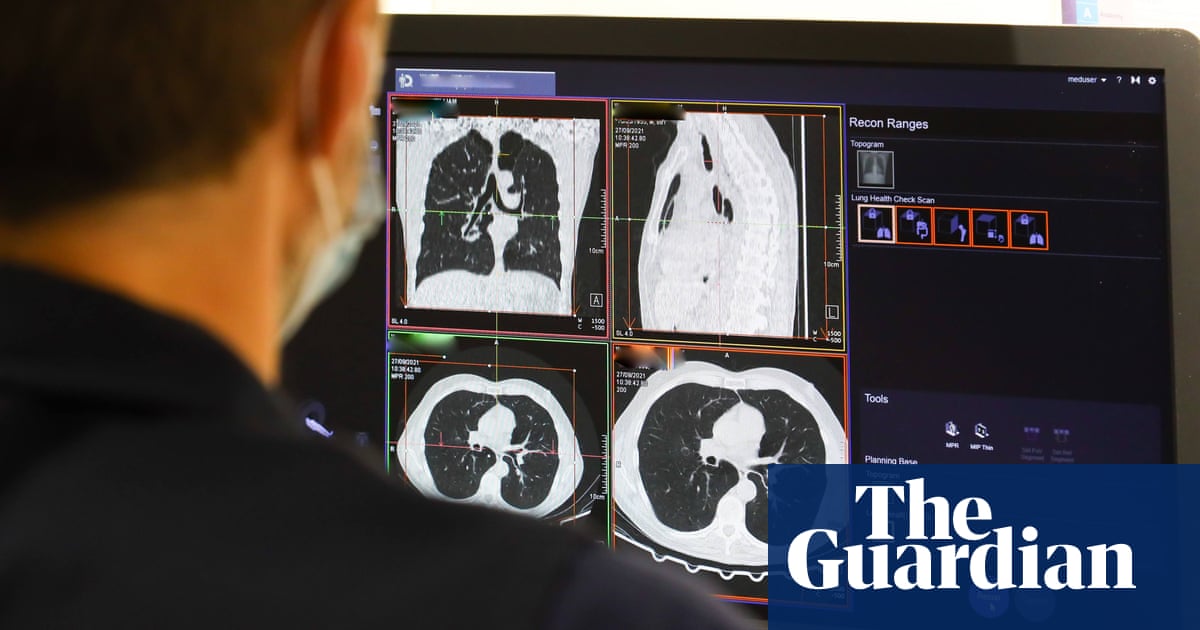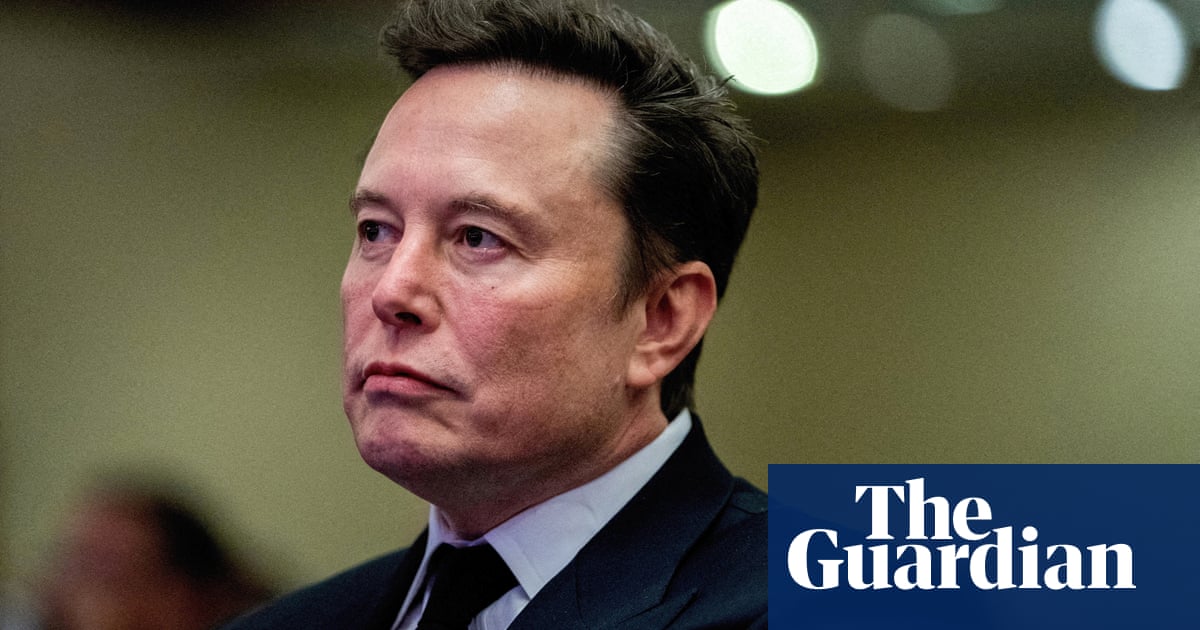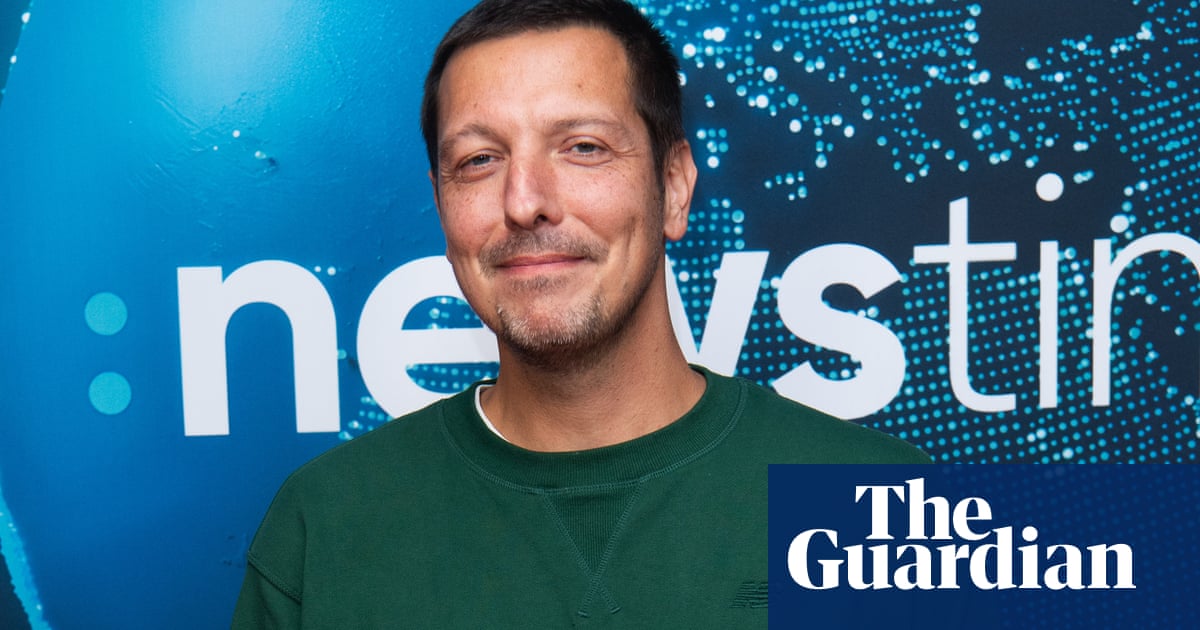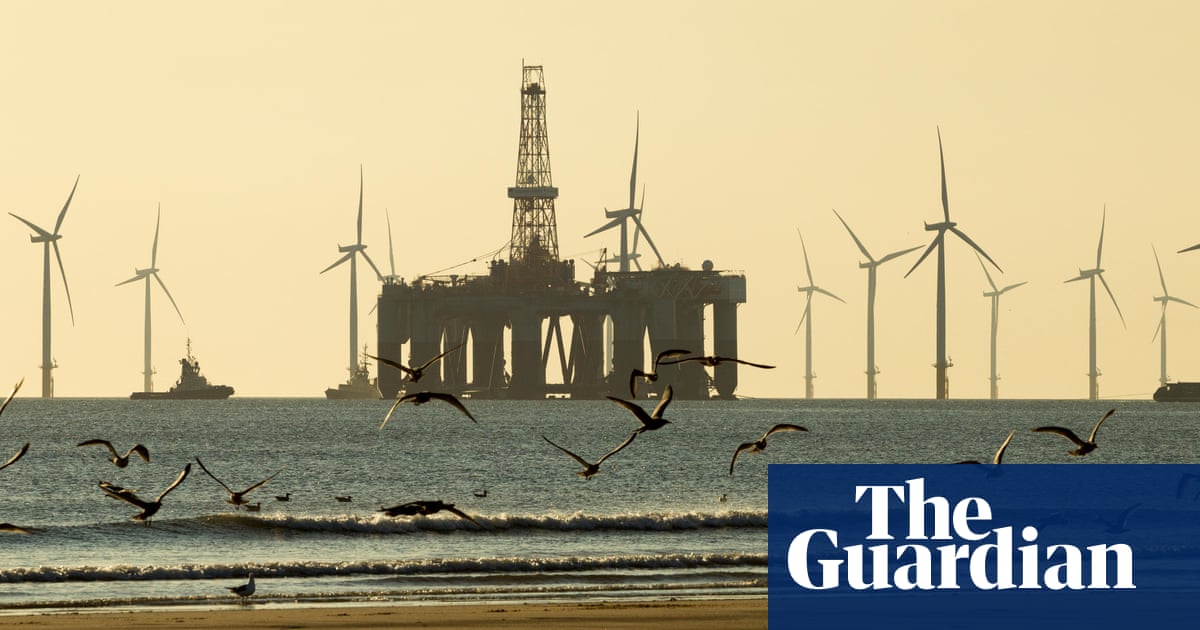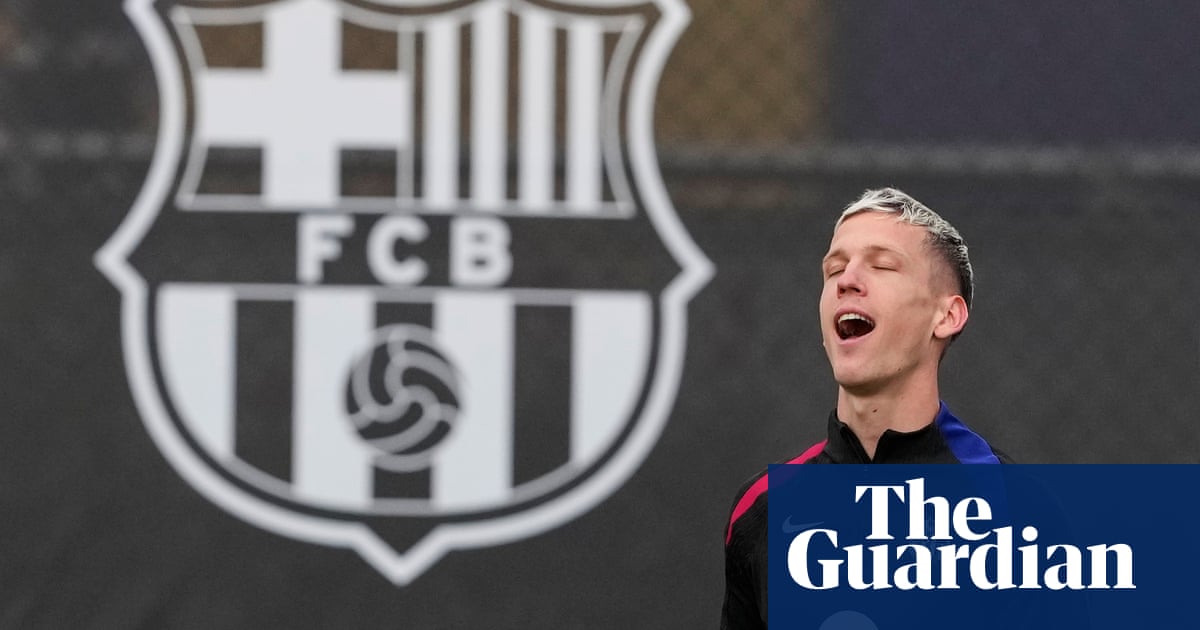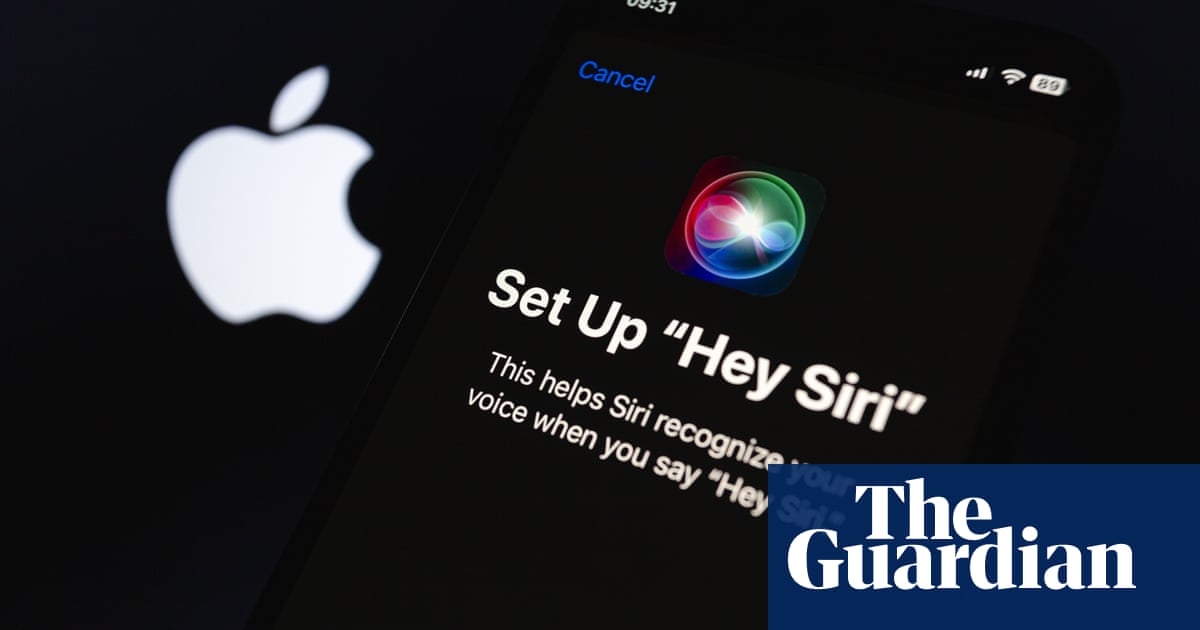There were plenty of times over the past 14 months when sacking Erik ten Hag would have been justified but Manchester United clung on in the hope he could somehow turn things around. Patience and excuses finally ran out at Old Trafford after another dismal defeat at West Ham on Sunday, leaving them 14th in the Premier League and increasingly fearful of another season outside the Champions League.
Losing for a third straight season in east London was the straw that broke the camel’s back, forcing the club’s most senior figures to discuss terminating his contract because they were no longer confident of a top-four finish. The trigger may have been pulled at any point in recent times but Sunday’s performance was indicative of events on the pitch. Mistakes were made at both ends to ensure another limp loss and a unanimous decision was taken by the club hierarchy, before Omar Berrada and Dan Ashworth informed Ten Hag on Monday at Carrington.
In the end, Ten Hag was undone by more than a late penalty awarded after the VAR intervened at West Ham. United’s bosses had heard the final excuses of the Dutchman’s tenure. Ten Hag said “luck is not on our side” but teams such as United should not rely on fortune. They should be outclassing the majority of teams in the league but quality had been lacking for far too long, and there seemed no other option than to dismiss the manager after a sustained period of growing frustration. Ten Hag carried out his media duties for Wednesday’s visit of Leicester in the Carabao Cup, a press conference that will not be broadcast, apparently not sensing the end was nigh.
Since Ineos swooped in when Sir Jim Ratcliffe purchased his 25% share, Ten Hag’s position has been under constant scrutiny. There were conversations with other coaches while the Dutchman was still in position. Prior to the surprise FA Cup final victory over Manchester City, there was a growing consensus that Ten Hag was not the long-term solution, as they finished eighth, their lowest ever position in the Premier League.
Returning to the Champions League is the minimum target for this season but United are averaging 1.2 Premier League points per game after nine matches and feel that to achieve their ambitions, 70 points will be required come May, or an average of 1.8 points per match. Ratcliffe and his cohort are also desperate to be a European force and such teams do not draw their opening three Europa League matches.
Kieran McKenna and Thomas Tuchel were spoken to but the former stayed at Ipswich and the latter decided the England national team job was more attractive. The net was cast far and wide in the hope of finding a suitable candidate but, ultimately, at a club the size of Manchester United, the pool of realistic options is incredibly limited and, boosted by winning at Wembley, it was decided Ten Hag could turn things around.
It was, however, felt a backroom refresh would be beneficial to change the dynamic. There were long discussions with Ten Hag in Ibiza on how to take things forward. Ruud van Nistelrooy and René Hake joined their compatriot as assistants and £200m was spent on players but the same plodding and inept offering continued.
after newsletter promotion
There were internal concerns that the hierarchical upheaval meant it could be safer to keep continuity in the dugout. The arrival of new senior personnel in chief executive Berrada, sporting director Ashworth and technical director Jason Wilcox has meant big changes and the forming of a new strategy to run throughout the club.
Erik ten Hag timeline
ShowBorn 2 February 1970, in Haaksbergen, Netherlands.
Playing career
Ten Hag began his career at Dutch side Twente, where he played primarily as a defender from 1989-1990.
Stints at Utrecht, De Graafschap and Waalwijk before returning to Twente in 1996, where he finished his playing career in 2002.
Ten Hag made over 300 league appearances in Dutch professional football.
Coaching career
Ten Hag started coaching in 2012 with Go Ahead Eagles, leading the team to promotion after 17 years outside the Eredivisie in his first season in charge.
Joined Bayern Munich II in 2013, taking charge of the reserve team and working under the guidance of Pep Guardiola during the Spaniard’s time as Bayern head coach.
Ten Hag returned to the Netherlands to manage Utrecht in 2015, takin them to a fifth-place finish and a spot in the Europa League through the playoffs.
Ajax
Appointed Ajax manager in 2017. During his tenure, the club won three Eredivisie titles (2018-19, 2020-21, 2021-22) and two KNVB Cups (2018-2019 and 2020-2021).
Ten Hag gained widespread acclaim after guiding Ajax to the 2018-19 Champions League semi-finals, the club’s first appearance at that stage since 1997, and beating defending champions Real Madrid 4-1 and Juventus 2-1 along the way.
Ten Hag left Ajax after leading them to the 2022 KNVB Cup final in April
Manchester United
On April 21 that year Ten Hag was appointed Manchester United manager on a three-year contract.
In his first season in charge he led United to a third-placed Premier League finish and League Cup triumph, ending the club’s six-year trophy drought since a Europa League success in 2017 under Jose Mourinho.
In 2023-24 United finished eighth in the league and won the FA Cup by beating Guardiola’s Manchester City 2-1.
Ten Hag’s United tenure ended on 28 October after a series of inconsistent performances left United in 14th place in the Premier League with 11 points (W3 D2 L4) and three drawn Europa league games.
The Dutchman’s final match in charge was a 2-1 defeat at West Ham United following earlier losses to Brighton & Hove Albion, Liverpool and Tottenham Hotspur. Reuters
Even in United’s three Premier League wins this season they have not looked convincing. United have won four of their 14 matches in all competitions with a goal difference of -3 in the league, an indication something is wrong at both ends of the pitch. Crushing home defeats by Liverpool and Tottenham showed a large gulf in class between United and elite opponents; staggering considering the money spent at Old Trafford. There were repeated excuses relating to poor finishing, while those above Ten Hag hoped for solutions that never came.
There was an appreciation of how Ten Hag had introduced young players such as Alejandro Garnacho and Kobbie Mainoo to the first team. But Ten Hag failed to get the best out of more senior players; Marcus Rashford’s form has long been a concern and the manager’s insistence on signing Antony from Ajax for £85.6m will forever taint the Ten Hag epoch. The winger has never looked capable of playing for an elite Premier League team.
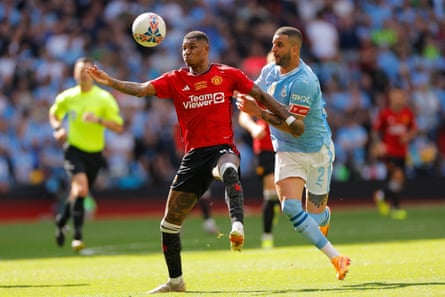
Clubs are eager to avoid mid-season sacking because it further limits options for a replacement but Ten Hag’s credit ran out. Often coaches want a full pre-season to implement their ideas on a squad because it can be difficult when there is a constant churn of games. United will play twice a week for the rest of the year and few will be left at Carrington during November’s international break. Ten Hag’s successor will likely have to deal with those consequences after this seemingly inevitable decision was delayed.

.png) 2 months ago
22
2 months ago
22





